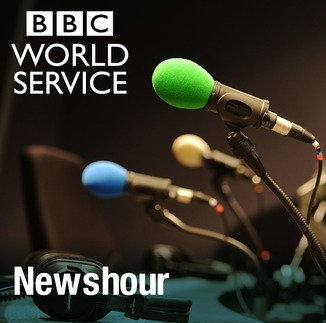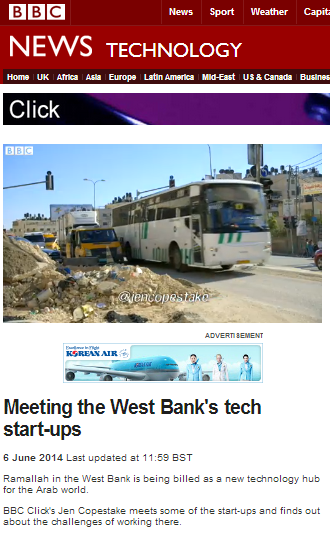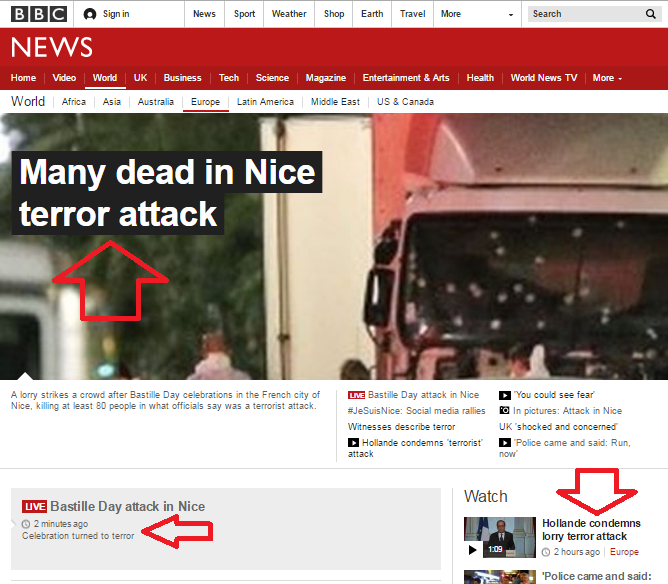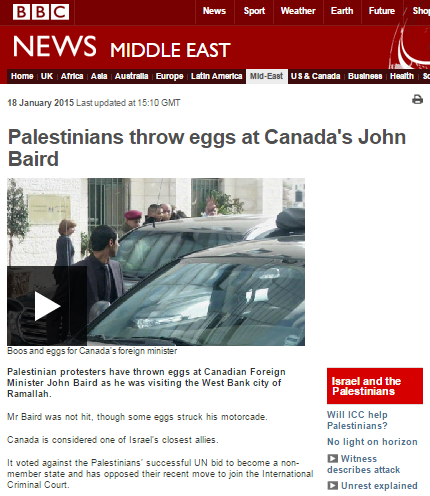The August 20th afternoon edition of the BBC World Service radio programme ‘Newshour’ included an item (from 14:05 here) introduced by presenter James Menendez as follows: [emphasis in italics in the original]
Menendez: “…the government of Paraguay has announced it’s designating the Lebanese Shia Islamist organisation Hizballah as an international terrorist organisation. Its much bigger neighbour Argentina did so last month and there’s speculation that Brazil may be about to do the same, bringing all of them into line with the US, the UK and others.”
Along with the US and the UK, among the “others” which designate Hizballah in its entirety are Canada, Israel, the Arab League, the Gulf Cooperation Council, the Netherlands, Bahrain, Japan, the UAE and Kosovo. The organisation is partly designated by Australia, New Zealand, France and the EU.
Menendez continued with a euphemistic description of the terror group’s dependency on Iran:
Menendez: “You may be wondering what Hizballah, with its close ties to Iran and violent opposition to Israel, is doing in South America and why some governments are taking action now. Well pressure from the Trump administration certainly seems to be a factor. Emanuele Ottolenghi has researched and has been in dialogue with White House officials on Hizballah’s influence in Latin America. He’s a senior fellow at the Foundation for the Defence of Democracies – a neo-conservative think tank in Washington DC – that’s been advocating a much more hawkish approach to Iran and its proxies.”
Compare the adherence to BBC editorial guidelines stipulating that when introducing interviewees “[a]ppropriate information about their affiliations, funding and particular viewpoints should be made available to the audience, when relevant to the context” in that presentation to the one given late last month on the same BBC World Service radio programme:
“Nadav Weiman is a former member of the Israeli Defence Forces. Indeed he was with the special forces sniper team that operated in the West Bank and the Gaza Strip. He’s now with the advocacy group ‘Breaking the Silence’.”
Ottolenghi began by providing background to the story:
Ottolenghi: “Hizballah has had a growing presence in Latin America for the past four decades and this presence is concentrated in a number of places, including especially the Tri-border area of Argentina, Brazil, Paraguay: a region that is notorious for illicit finance, money laundering, contraband, smuggling and trafficking of all sorts of goods. Hizballah has been pairing up in Latin America for a number of years with organised crime to provide illicit finance and logistical support to those nefarious activities. It plays an important role in the financing of Hizballah’s budget and in the process it has become a partner in crime for cartels and criminal syndicates across South America.”
Menendez is apparently unfamiliar with the topic of terror financing.
Menendez: “So the criminal activities…eh…illegal financing but not military activities per se.”
Ottolenghi: “Not necessarily, although Hizballah is behind two terror attacks in Latin America – one in 1992 and one in 1994, both in Buenos Aires – and a Hizballah operative was caught and arrested while preparing a terror attack in Peru in 2014.”
The case in Peru to which Ottolenghi referred is this one. The earlier cases are of course the attacks on the Israeli embassy and the AMIA centre.
Menendez: “And have governments in the region been, what, unable or unwilling to try and tackle this?”
Ottolenghi: “Governments in the region have been largely unwilling to recognise this presence as affiliated with Hizballah. They do know that members of the Shia Lebanese community are involved in illicit finance activities. They just do not wish to link this to terrorism and there is a variety of reasons for this, many of which are tied to domestic politics but also to some extent in the past have been connected to ideological stances of governments.”
Menendez: “So is that what’s changed then? That governments…that some governments – take Brazil for example; it’s shifted to the right. And is it also pressure from Washington – pressure from the United States to take action?”
Ottolenghi: “Both things are true. I think the shift to the right across the region has changed the discourse about the issue and certainly US pressure and increased attention to the problem. But also I think governments in the region are increasingly aware that they can no longer tolerate the presence of the pervasive and nefarious nature of organised crime in their own midst.”
Menendez then brought up the myth of separate ‘wings’ to the terror organisation.
Menendez: “The European Union still makes the distinction between Hizballah’s political and military wings and the military wing is a proscribed organisation but not the political wing. Could that have been part of it as well? That people didn’t necessarily group all of Hizballah into the same basket and see it as a terrorist organisation?”
Ottolenghi: “In some countries that’s definitely the case but as it goes in the European Union as well, the department of Hizballah that is largely involved in running overseas financial operations including illicit activities such as drug trafficking is part of the external security organisation of Hizballah which is, properly speaking, the military wing – so-called – of Hizballah. So actually…”
Menendez [interrupts] “Right, so it’s not…it’s not being used to fund political and social activities back in Lebanon then?”
Ottolenghi: “Well I mean the money goes largely to the same pot and so it’s hard to distinguish whether it goes to military or to other activities. And the social and charitable activities certainly are used also to prop up support and ensure loyalty to the goals of the movement.”
Menendez closed the item there. While listeners to BBC World Service radio heard a reasonable report on a story to which the BBC has only relatively recently begun to re-devote attention, no coverage of Paraguay’s decision to designate Hizballah has to date been seen on the BBC News website – the corporation’s “permanent public record”.
Those looking for further information on the terror group’s activities in Latin America in the BBC’s online profile of Hizballah will find nothing: that profile has not been updated for almost three and a half years and it provides no information on the more recent designations of the organisation, including that of the UK.
Related Articles:
Superficial BBC reporting on Argentina’s designation of Hizballah
Revisiting BBC reporting on Hizballah




